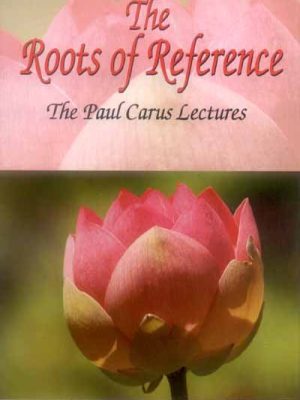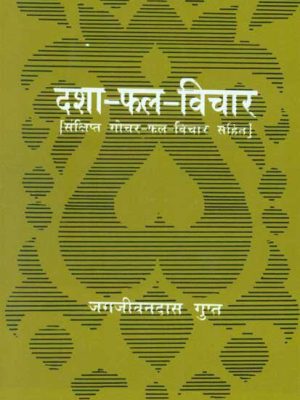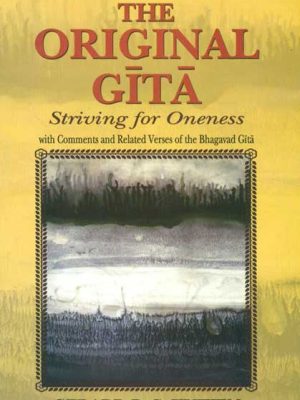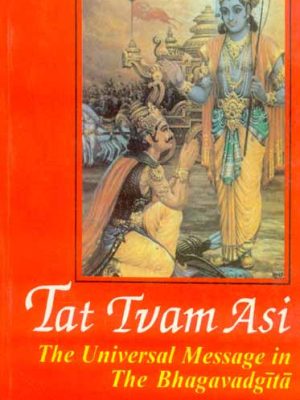Nagarjuna in Context: Mahayana Buddhism and Early Indian Culture
₹495.00
Sold By:
Motilal Banarsidass Publishing House
In stock
Too Good to Resist Sale is Live BUY AND SAVE NOW
SKU:
9788120832602
Categories: Bhagavad Gita, Books
Tags: Buddhism, Buddhism,Motilal Banarsidass, Motilal Banarsidass
Nagarjuna, one of India’s greatest philosophers, is the most influential thinker in the Mahayana Buddhist tradition. While his philosophy has been the subject of numerous studies and translations, Joseph Walser provides the first examination of Nagarjuna’s life and writings within the social, religious, and institutional contexts of the early history of Buddhism. Walser locates Nagarjuna’s second century writings at a critical juncture in the development and spread of Mahayana Buddhism. At this time, Mahayanist writings and teachings were regarded with great suspicion, and its followers were subject to legal censure. Walser explores how Nagarjuna’s writings, including his most famous works, The Jeweled Garland and Foundational Stanzas, established a connection between the authority of the existing Buddhist canon and Mahayana teachings. In doing so, Nagarjuna was able to demonstrate the legality of Mahayana interpretation within the strictures of Buddhist monastic law. This established a place for Mahayana in the Buddhist tradition and insured the reproduction and transmission of the sect’s central texts. Walser’s analysis draws on close readings of Nagarjuna’s texts, particularly their treatment of the “three baskets” of the Buddhist canon: Vinaya (Buddhist monastic law), Sutra (the sermons of the Buddha), and Abhidharma (Buddhist sectarian treatises). Walser also examines how the philosopher forged alliances with the laity and other Buddhist sects alliances that proved pivotal in insuring the survival of Mahayana teachings. In addition to his analysis of Nagarjuna’s writings, Walser explores a range of Buddhist and non-Buddhist sources, as well as art historical and epigraphic evidence to offer a creative and original contribution to the understanding of Nagarjuna and the early history of Buddhism.
Review(s)
“It is refreshing to find a scholar putting Nagarjuna’s feet firmly on the ground, right where they belong. Walser’s admirable book contextualizes the origin of the Madhyamaka in early Mahayana and its struggles with the larger Buddhist communities. He
About the Author(s)
Joseph Walser is associate professor and department chair of comparative religion at Tufts University.
Additional information
| Weight | 0.5 kg |
|---|---|
| Dimensions | 10 × 11 × 12 cm |
| Book Author | Joseph Walser |
Be the first to review “Nagarjuna in Context: Mahayana Buddhism and Early Indian Culture”
You must be logged in to post a review.














Reviews
There are no reviews yet.